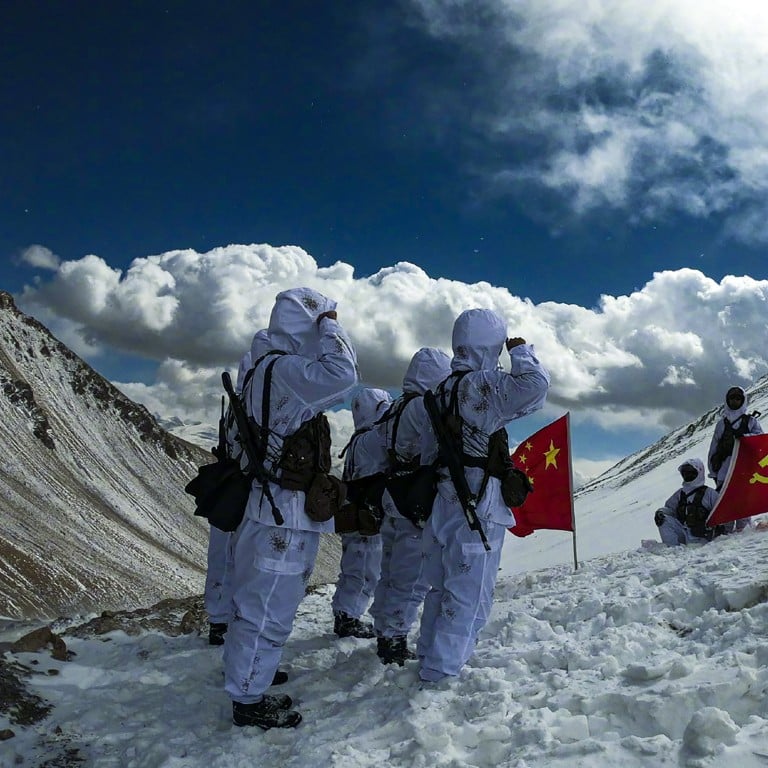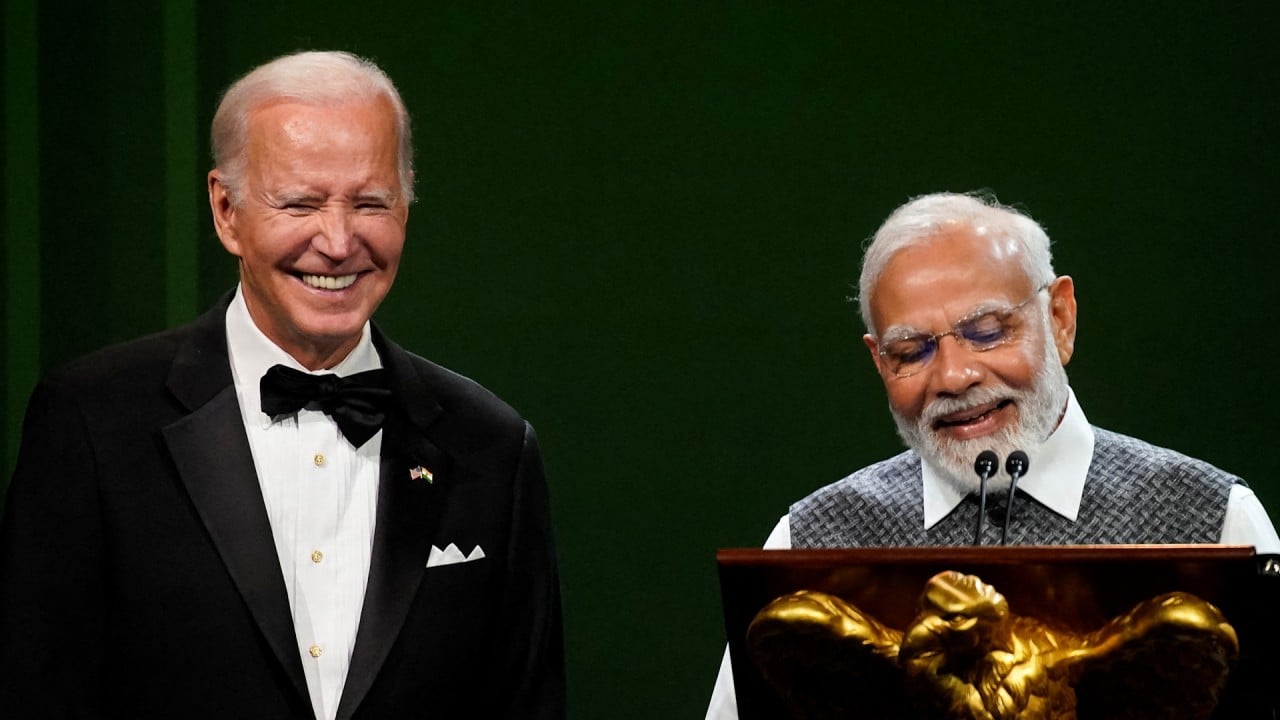
China-India ties remain adrift as wait for Chinese envoy to New Delhi drags on
- 16 months after former ambassador Sun Weidong was promoted, the position is unfilled as the two countries remain locked in a military stand-off
- Observers say an appointment is crucial to rebuilding trust, after the longest gap in senior representation since 1976
Observers said the long period without a Chinese ambassador to India was highly unusual, adding that the appointment of a new envoy would be viewed positively on both sides as a crucial step towards building trust.
Wang Dehua, an expert on India at the Shanghai Municipal Centre for International Studies, said the long absence of a top Chinese envoy had laid bare the damage caused by the border tensions to ties between the world’s two most populous nations.
China’s ambassador to India made foreign vice-minister
“That’s something very rare in the history of Sino-Indian relations, which for many is an ominous sign and makes it difficult for both sides to manage their differences, especially when ties are at a low point,” Wang said.
“While it is true that New Delhi is unlikely to ever become Beijing’s friend, China still needs to try its best to have good relations with India … or at least woo it away from the US on strategic issues, such as trade and Washington’s Indo-Pacific strategy. After all, the US and Japan remain our top opponents.”
According to Wang, it was “imperative” for Beijing to fill the vacancy, a move that would help China stabilise ties with its nuclear-armed Himalayan neighbour in the midst of its intensifying geopolitical and ideological feud with the US-led West.
Top candidate for the post is tipped as Xu Feihong, who until December served as assistant foreign minister for administrative and financial affairs. He was removed after an almost three-year stint, without explanation or an announcement of his next position.
Hong Kong newspaper Sing Tao Daily reported rumours that the move was intended to pave the way for 59-year-old Xu, a former ambassador to Afghanistan and Romania, to take up the New Delhi posting.
And in January, Indian news site The Wire reported that Xu’s appointment as China’s envoy was being finalised, citing unnamed sources who claimed the news “has been conveyed about the candidate” to New Delhi.
China-India border dispute: its origins and impact
Neither Beijing nor New Delhi has confirmed the appointment.
Liu Zongyi, a senior fellow with the Shanghai Institutes for International Studies’ South Asia and China Centre, said an early appointment would be much-needed good news to help arrest further decline in the already strained ties.
Despite his lack of direct involvement in managing Indian affairs, compared to Sun and his predecessor Luo Zhaohui, Xu would be a good candidate for the role, according to Liu.
Both Sun, currently foreign vice-minister in charge of Asian affairs, and Luo have extensive regional experience, including stints as China’s top envoy to Pakistan, and are considered experts in South Asian affairs.
But Liu pointed out that Xu – who served as China’s ambassador to Afghanistan from 2010-13 – would not be the first top envoy to New Delhi to lack direct experience with the South Asian nation.
Luo’s predecessor Le Yucheng – a Russian expert who was posted to India in 2014, shortly ahead of President Xi Jinping’s first official visit to New Delhi – did not have any Indian experience either, he said.
On return to Beijing after their stints in India, Luo and Sun were both promoted to foreign vice-minister positions, while Le served as deputy to China’s then top ranking diplomat Yang Jiechi, also a vice-ministerial role.
Liu said that all three former Chinese ambassadors had been serving as assistant foreign ministers when they got the New Delhi job, putting Xu’s appointment – if confirmed– in line with past arrangements.
But he cautioned against expectations of a quick turnaround in Sino-Indian ties, which were at a “critical juncture”, amid signs of further geopolitical division between them on top of their border impasse and in the midst of intensifying US-China rivalry.
“I don’t think the border dispute is too complicated to be resolved, and the key is whether both sides are able to demonstrate their willingness to work together towards a mutually acceptable solution, especially on the part of New Delhi,” Liu said.
“But even if the border issues can be resolved, I am not optimistic that bilateral ties could be improved any time soon.”
China, India court Global South in competing bids to lead developing countries
According to Liu, Beijing is also concerned about India’s hyping of China as a threat and its increasingly restrictive policies against Chinese investment, as New Delhi seeks to decouple economically from its neighbour and replace it in the global supply chain as the world’s factory.
Xu’s previous experience in financial affairs might prove useful if the veteran diplomat were posted to New Delhi, Liu said.
A Bloomberg report this week said a study by London-based Fathom Financial Consulting found that India has made headway in its efforts to increase its market share of electronics exports – through tax cuts and other incentives – previously dominated by China.
China doesn’t want to rock the boat, but India trade tensions may continue
The two countries wrapped up another round of commander-level border talks last week, seeking a mutually acceptable solution “at the earliest possible time” in a bid to “turn the page” on the tensions, the Chinese defence ministry said.
Beijing expressed similar hopes in December, at the start of this latest round of diplomatic talks with New Delhi on the border issues.
However, after 21 rounds of military-level talks and 28 rounds of diplomatic dialogue, there is little sign of any quick solution, let alone “a complete disengagement” of Chinese and Indian troops along the Line of Actual Control in Eastern Ladakh.
China, India hope to ‘turn the page’ on Himalayan border tensions
Neither side appears ready to back down on the highly charged border issues, with Beijing and New Delhi each accusing the other of stalling the situation.
While Xi and Modi briefly discussed the border situation in August on the sidelines of the Brics summit – their first direct conversation in a year – bilateral ties have largely remained deadlocked.


